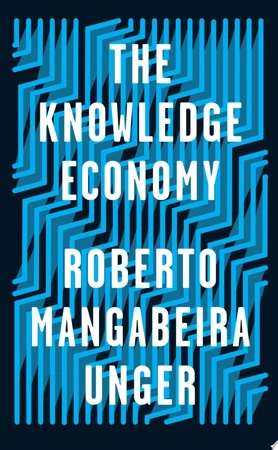The Knowledge Economy

Blurb
Revolutionary account of the transformative potential of the knowledge economy Adam Smith and Karl Marx recognized that the best way to understand the economy is to study the most advanced practice of production. Today that practice is no longer conventional manufacturing: it is the radically innovative vanguard known as the knowledge economy. In every part of the production system it remains a fringe excluding the vast majority of workers and businesses. This book explores the hidden nature of the knowledge economy and its possible futures. The confinement of the knowledge economy to these insular vanguards has become a driver of economic stagnation and inequality throughout the world. Traditional mass production has stopped working as a shortcut to economic growth. But the alternative--a deepened and socially inclusive form of the knowledge economy--continues to lie beyond reach in even the richest countries. The shape of contemporary politics on both the left and the right reflects a failure to come to terms with this dilemma and to overcome it. Unger explains the knowledge economy in the truncated and confined form that it has today and proposes the way to a knowledge economy for the many: changes not just in economic institutions but also in education, culture, and politics. Just as Smith and Marx did in their time, he uses an understanding of the most advanced practice of production to rethink both economics and the economy as a whole.Book summary
This book is an important and much-needed account of the historical, political and economic foundations of what has come to be known as the “knowledge economy”. Roberto Mangabeira Unger, who is a Brazilian philosopher and law professor, provides an interdisciplinary account of the shifts in economic structure since the industrial revolution, drawing on Adam Smith and Karl Marx’s understanding that the best way to make sense of an economy is to study the most advanced practices of production in that economy. Unger argues that the confinement of the knowledge economy to insular vanguards has become a driver of economic stagnation and inequality throughout the world, and that the shape of contemporary politics on both the left and the right reflects a failure to come to terms with this dilemma. Finally, Unger proposes the way to a knowledge economy for the many, which involves changes not just in economic institutions but also in education, culture, and politics.
Recommended by Diversify and Decolonize Economics

